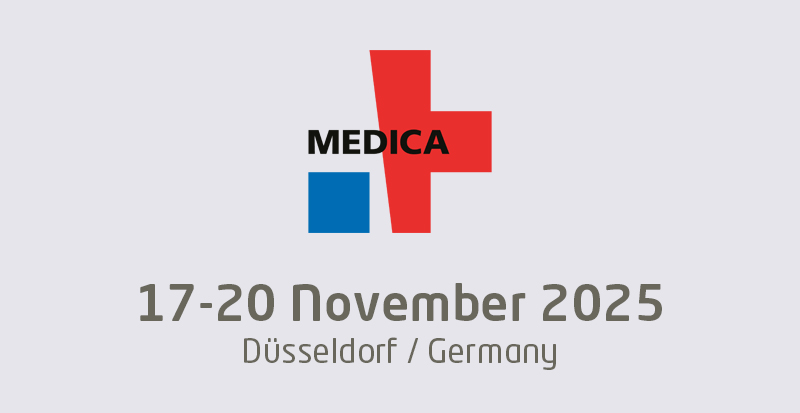-
The Department of Health and Human Services (HHS) is launching an initiative to enhance autism and chronic conditions understanding using data integration.
-
The initiative centralizes vast amounts of personal medical and behavioral data, raising concerns about its potential exploitation and security.
-
Medicare and Medicaid claims data, which includes detailed patient information, forms the backbone of HHS’s new research platform.
-
Claims data, covering a broad population, provides a comprehensive snapshot of a person’s healthcare journey, raising privacy concerns.
-
The platform will integrate EHRs, real-time patient-centered documents, potentially turning them into highly detailed medical dossiers for research purposes.
-
Adding wearable data introduces concerns about continuous behavioral data being used for surveillance, potentially without clinical context or oversight.
-
The platform may include private sources like Fitbit or Apple, but participants may not fully understand the scope of data sharing.
-
NIH’s “All of Us” program collects wearable data, indicating that once centralized, data systems tend to expand rather than shrink.
-
The platform will incorporate immutable genomic and lab results, raising concerns about the permanent storage of sensitive genetic data.
-
The U.S. Constitution didn’t envision centralized health data storage; states already run effective surveillance programs with local oversight.
-
Expanding autism research doesn’t require a massive federal system, as existing programs already collect meaningful data with ethical guidelines.
-
A national platform with no clear limits or oversight could create long-term surveillance risks, with potentially unintended consequences.
-
History shows that once surveillance powers are granted, they tend to expand, increasing the risk of data misuse and control.
-
Centralizing genomic and behavioral data raises concerns about creating a surveillance tool for profiling, control, or political purposes.
HHS to Add Medicare, Medicaid Data to Autism Platform
























